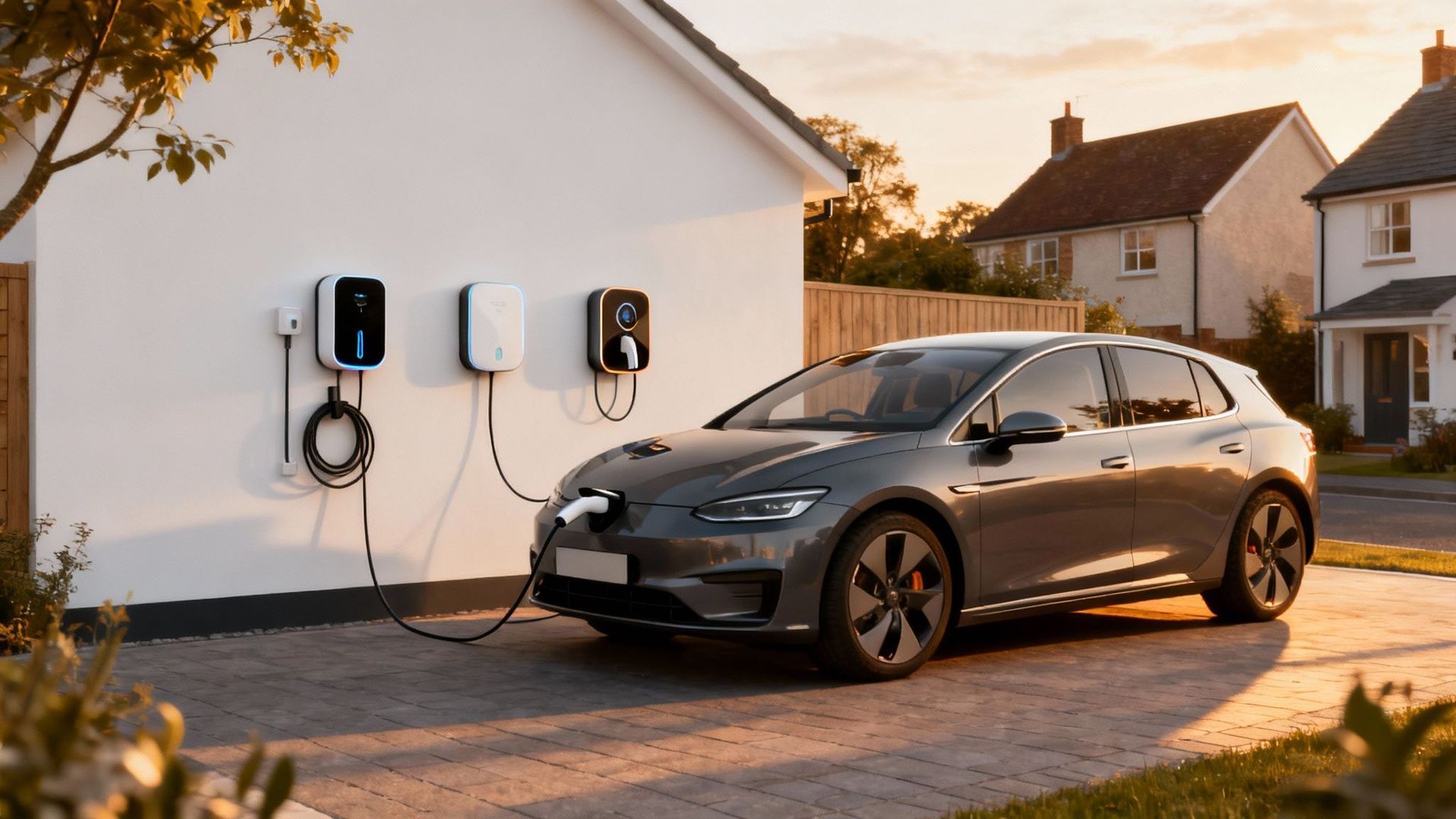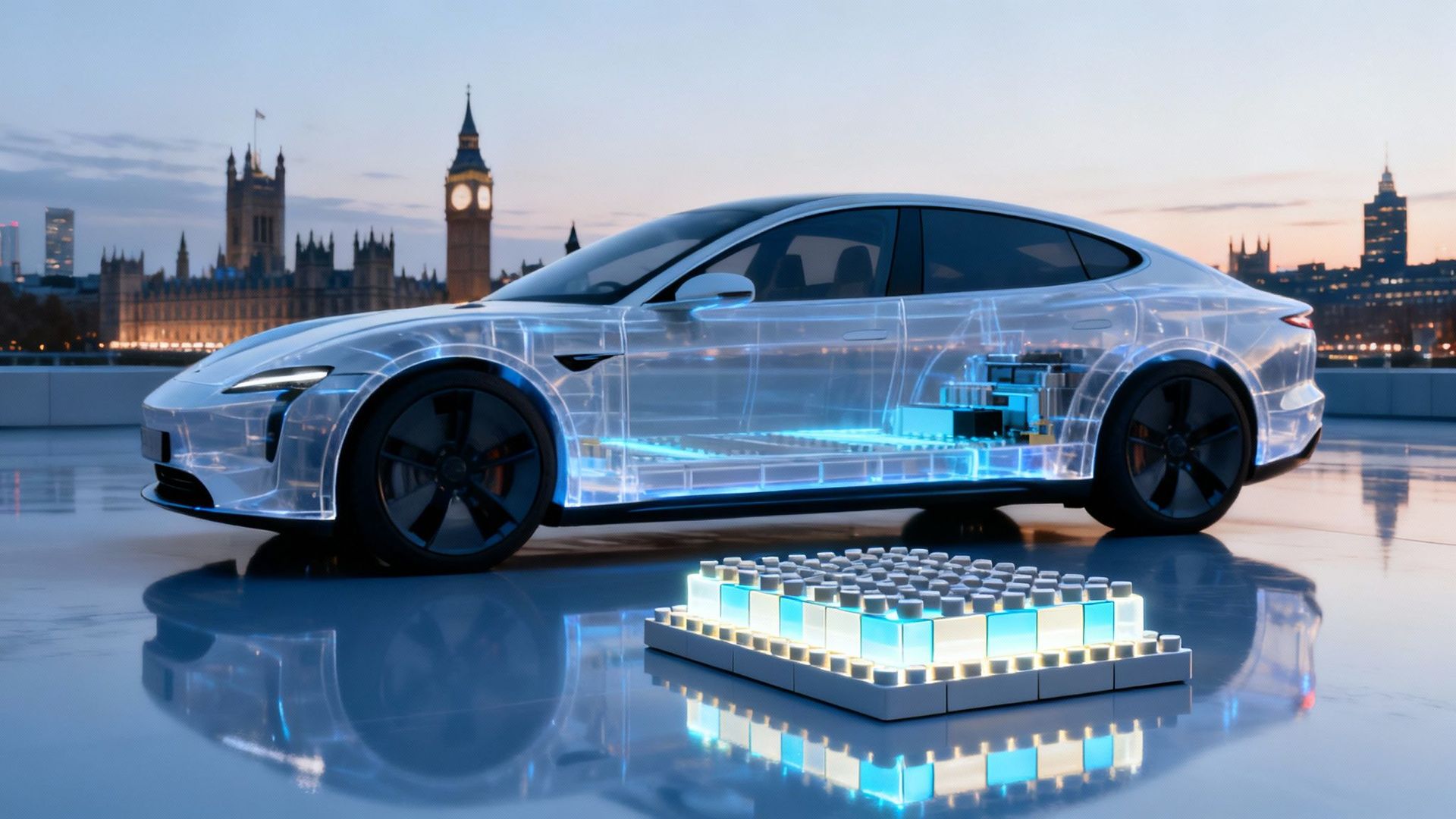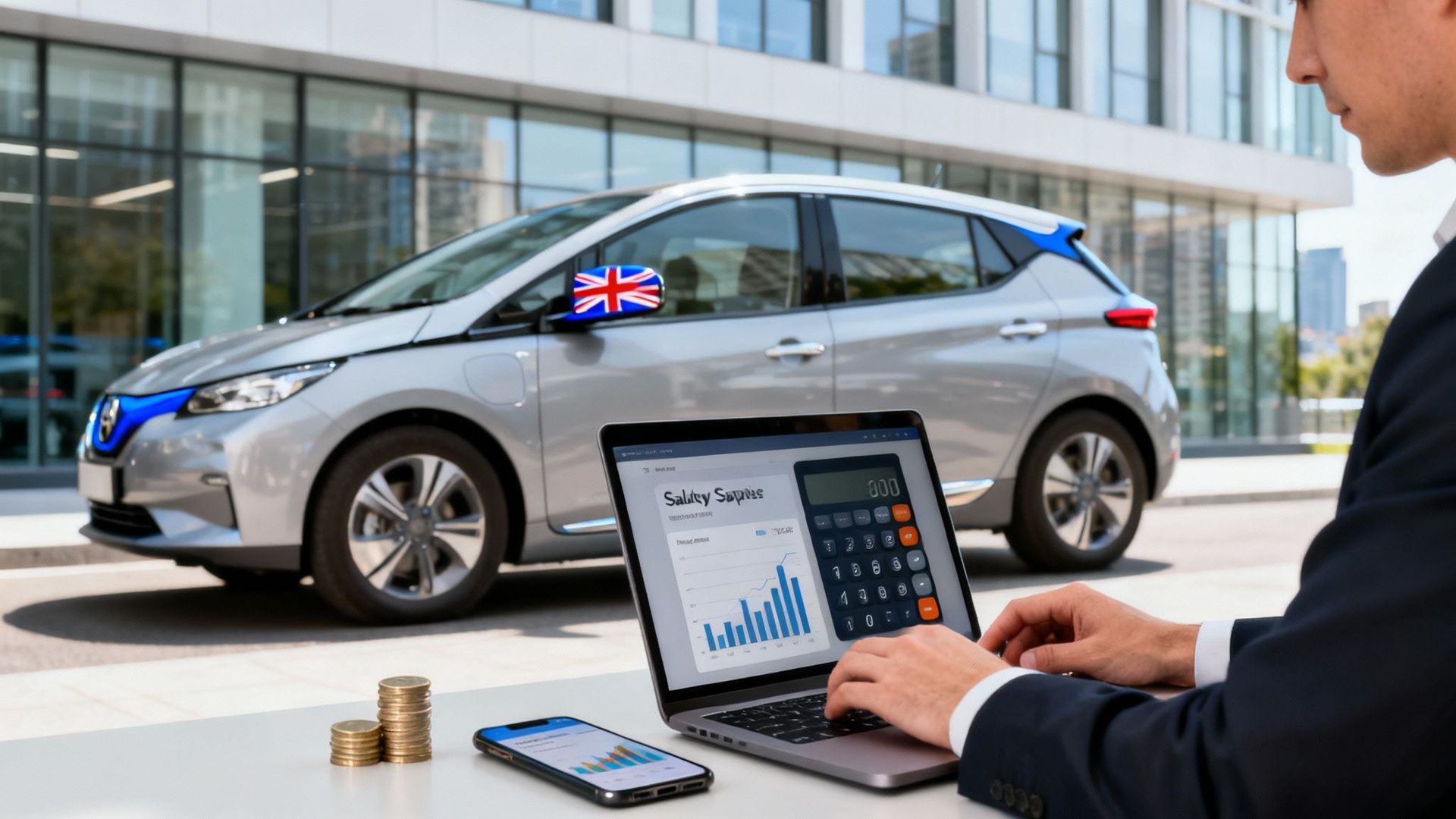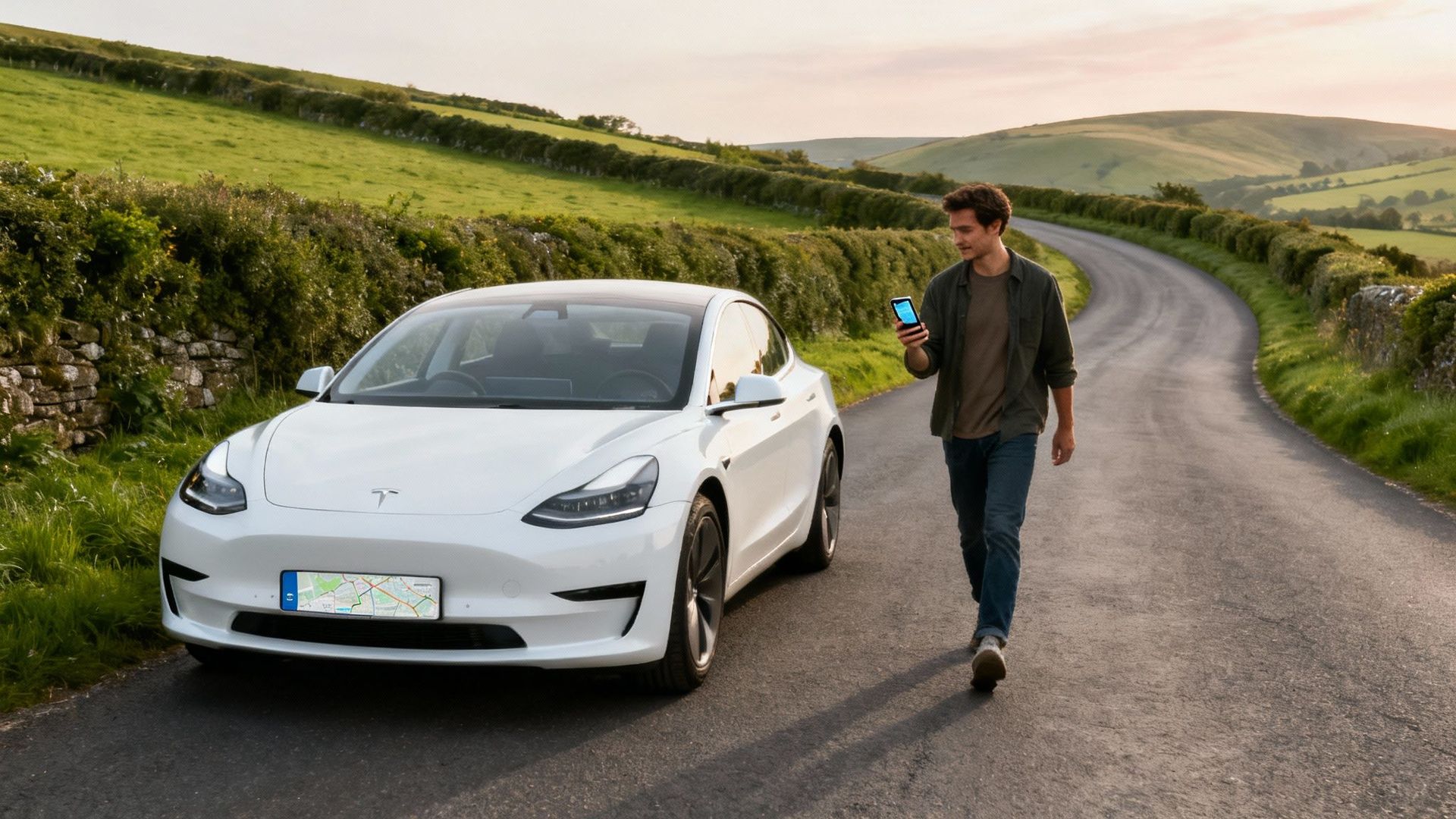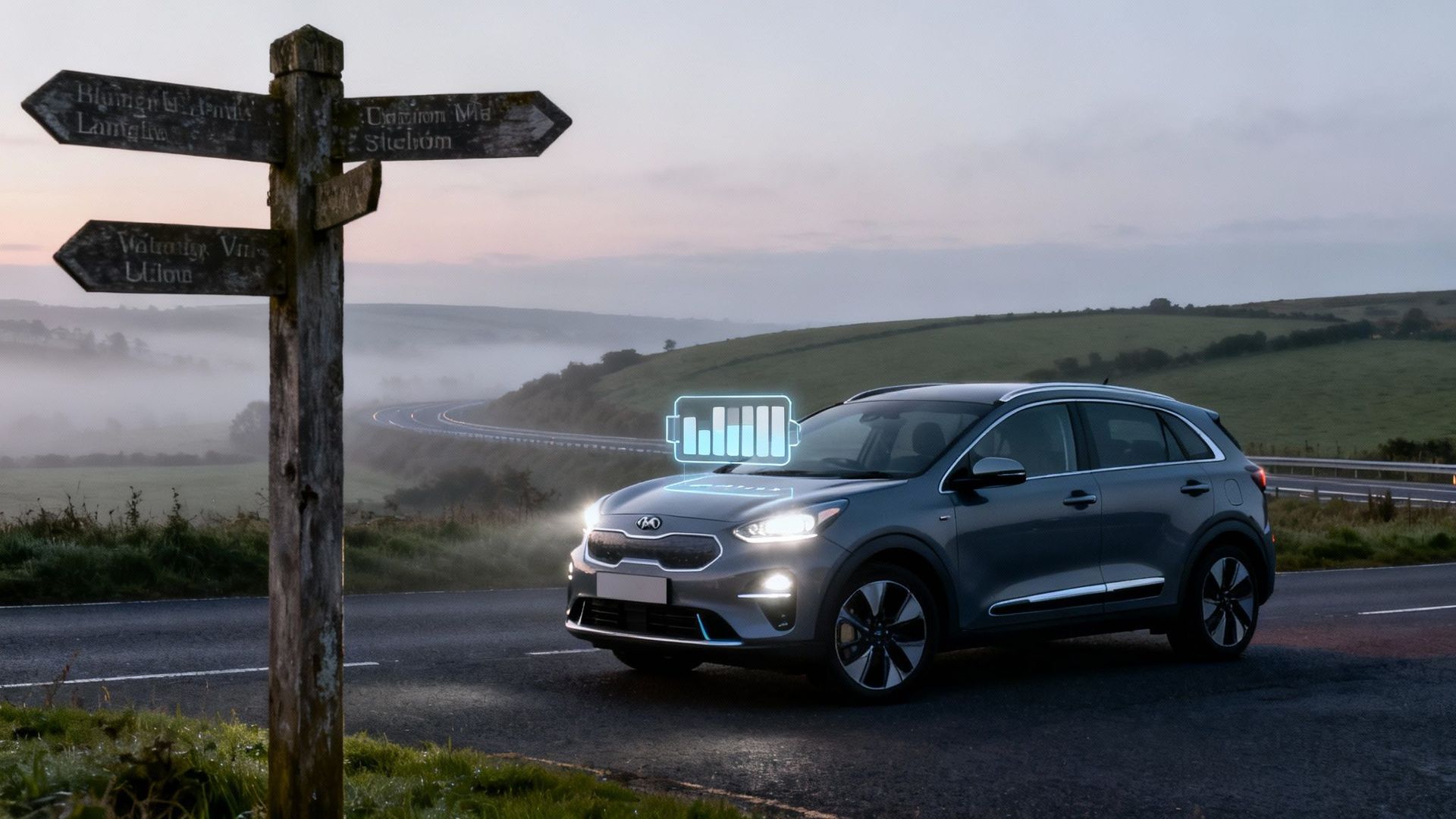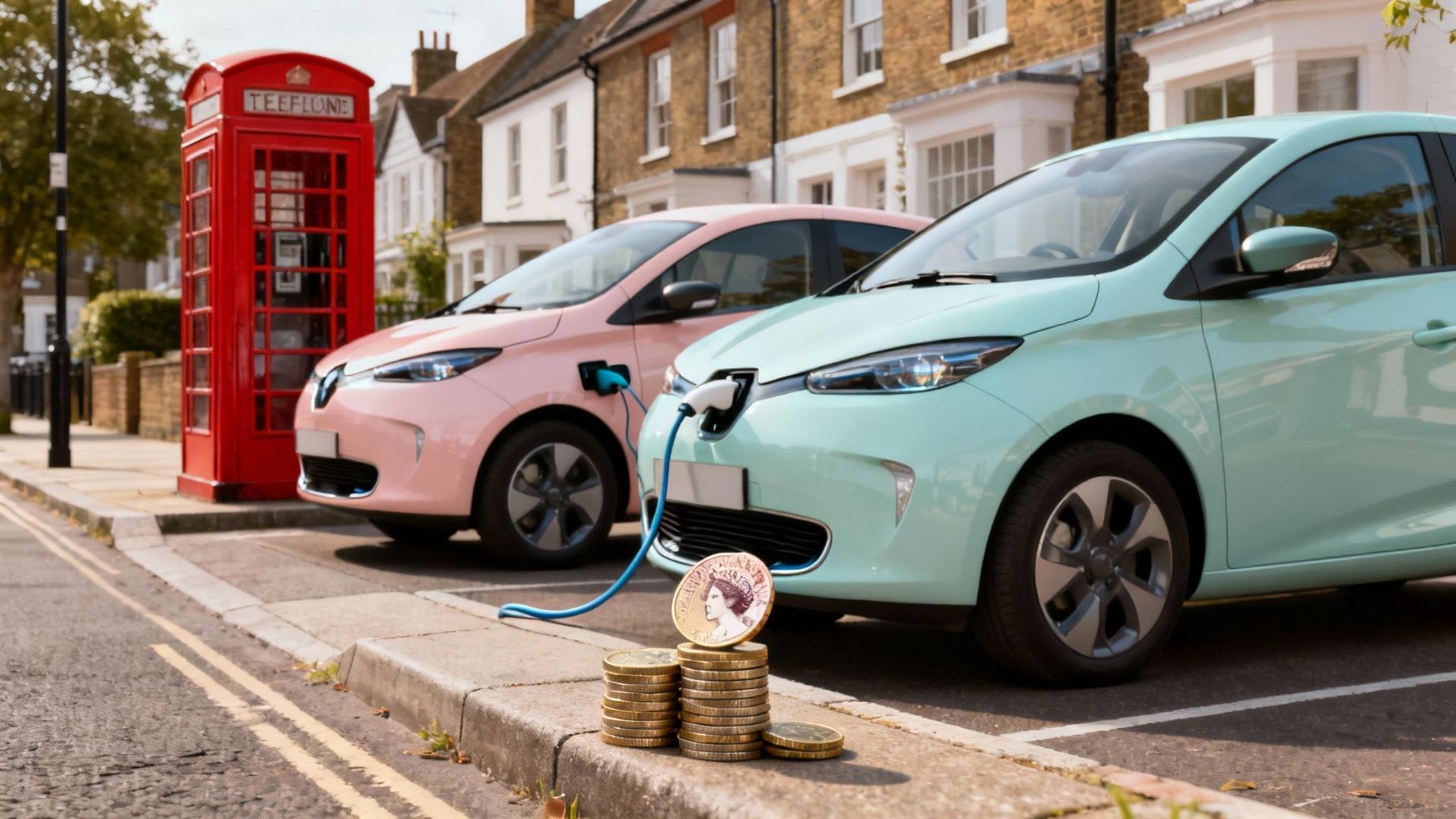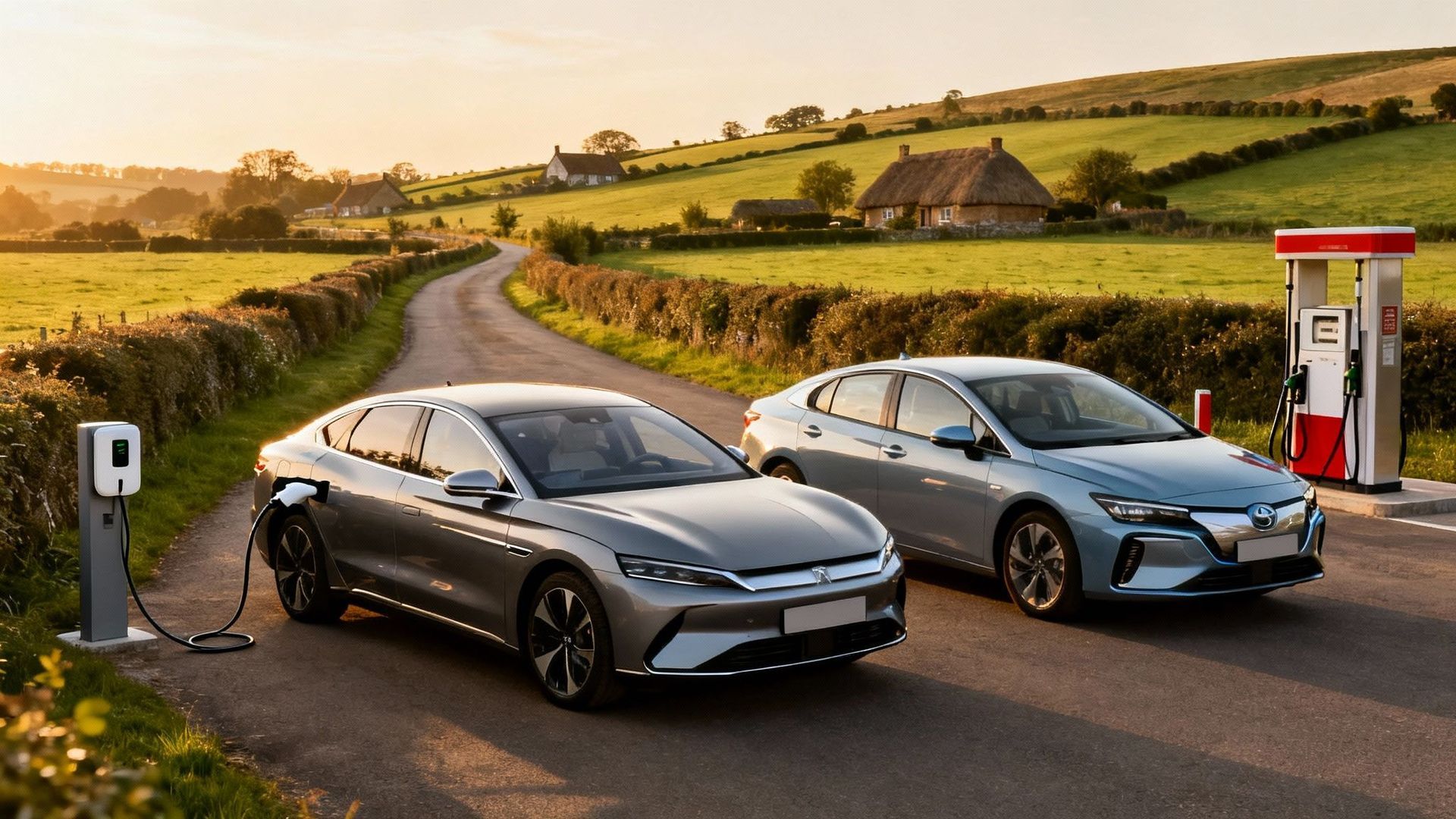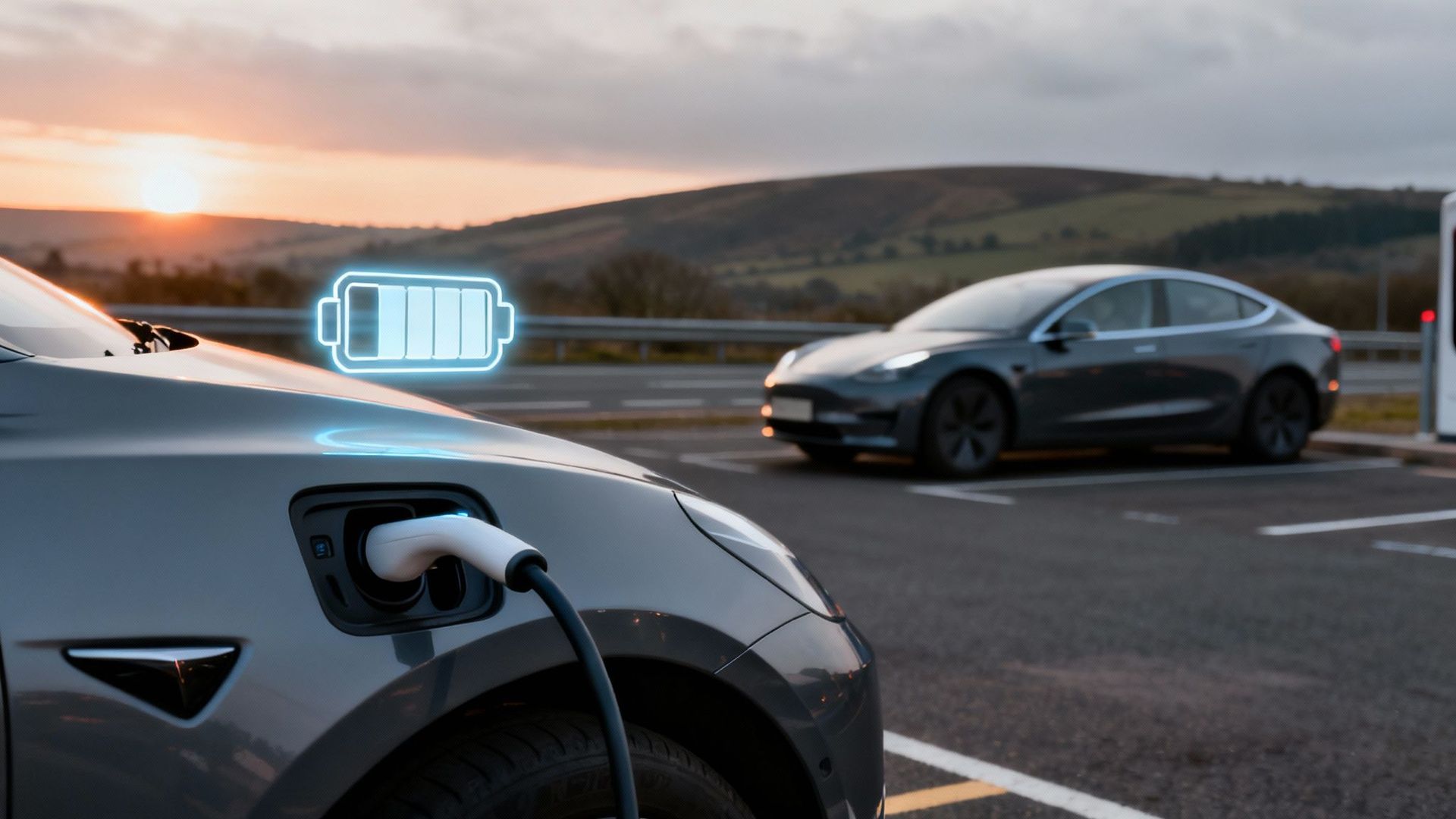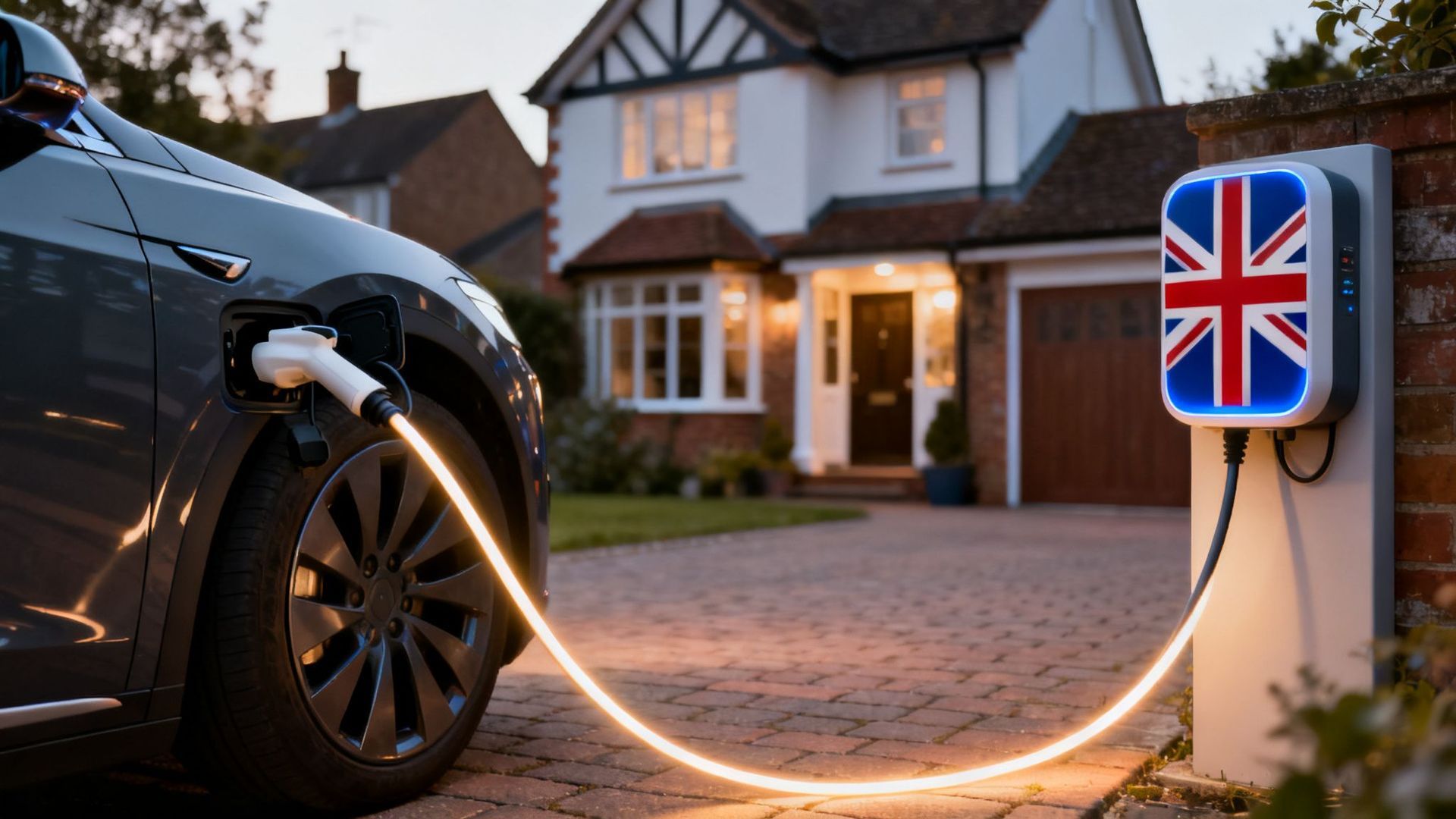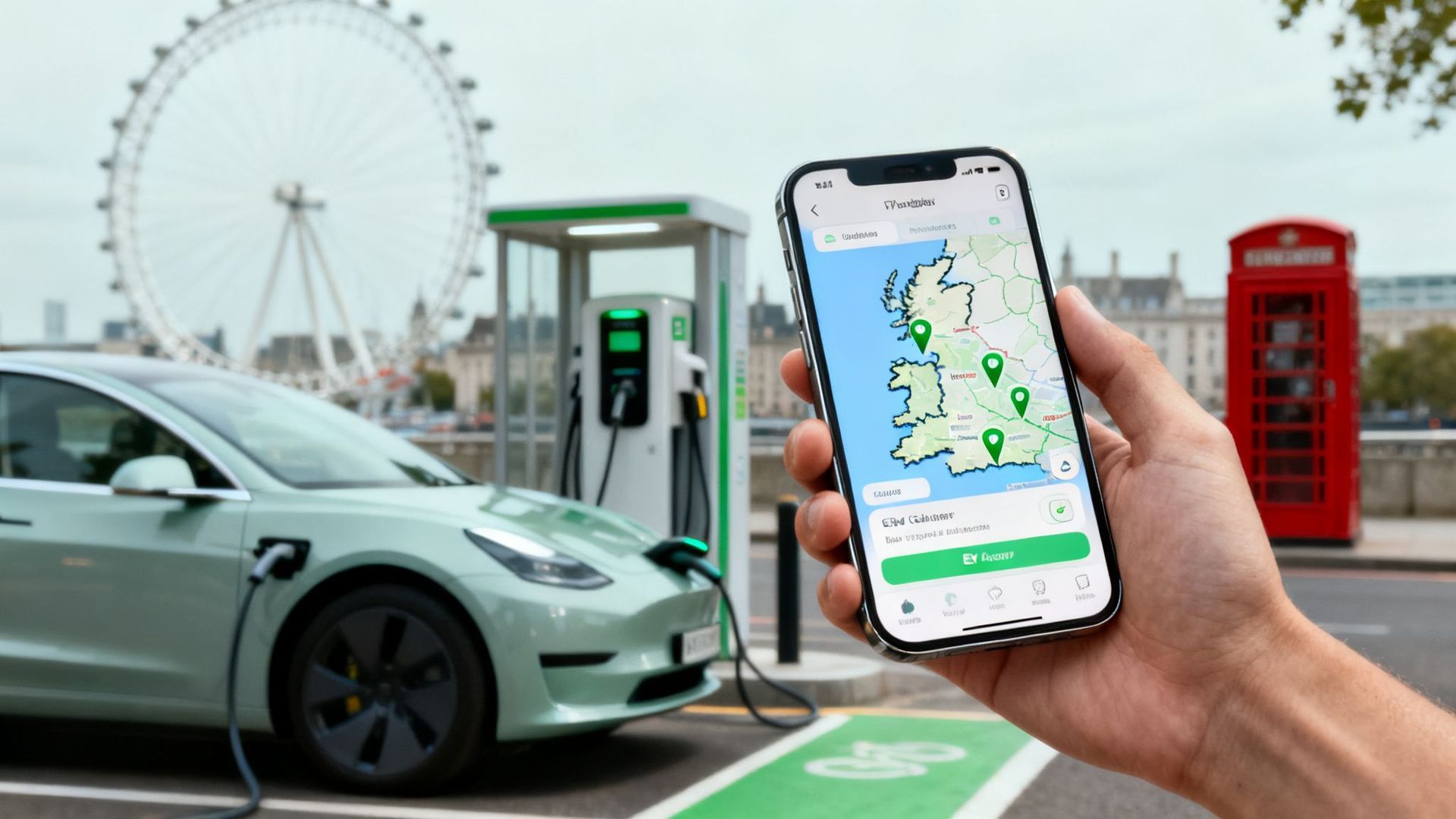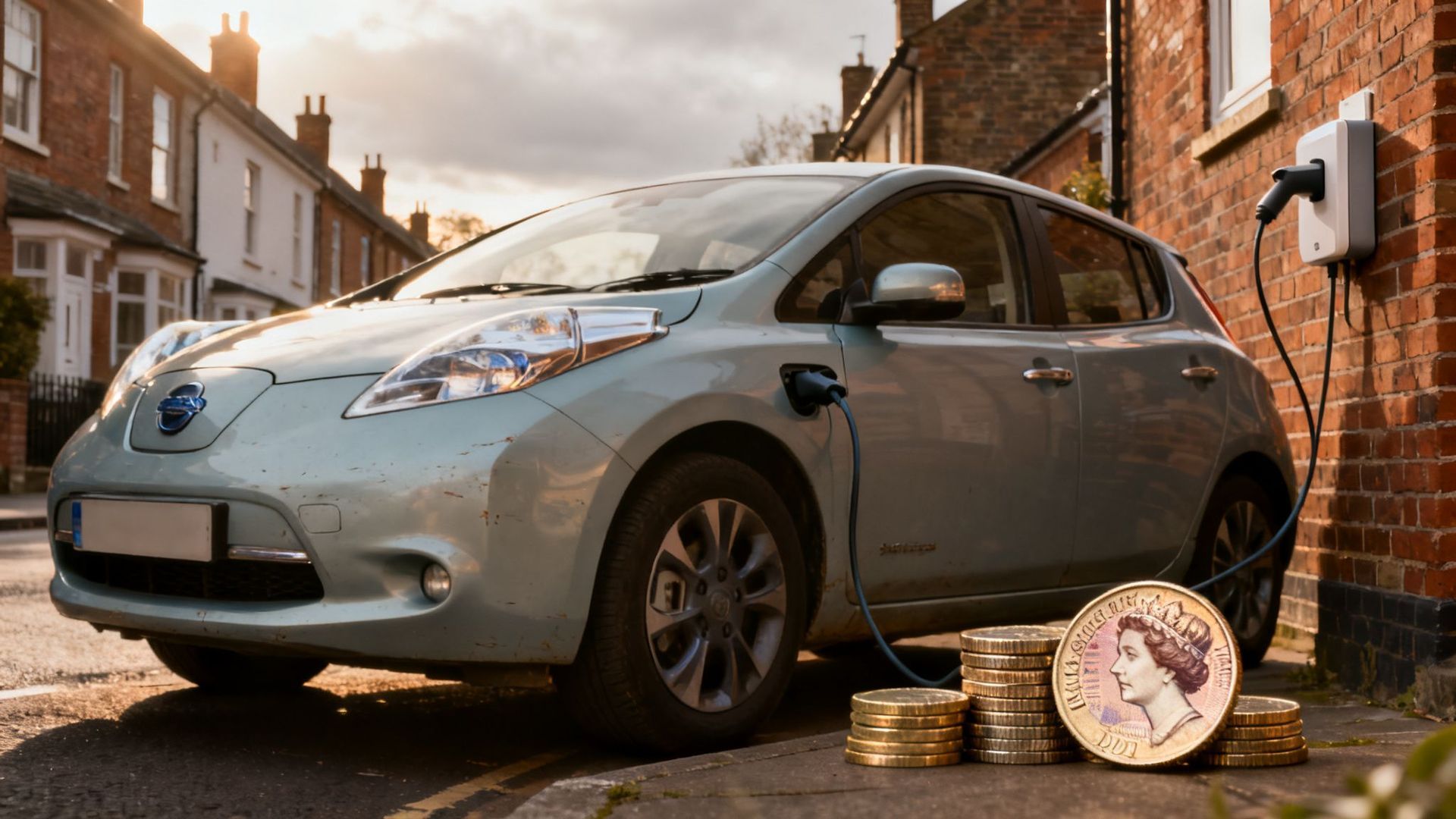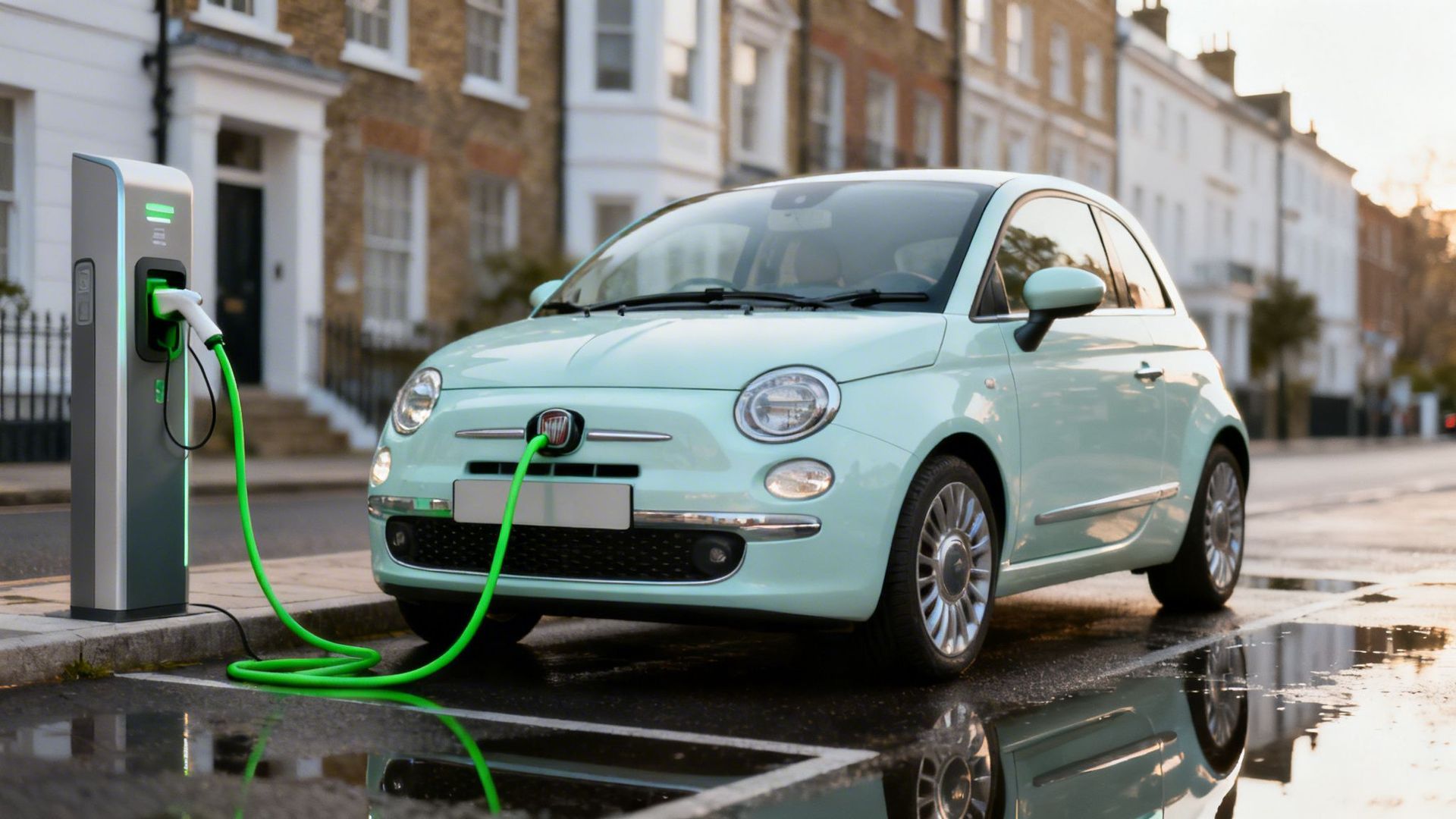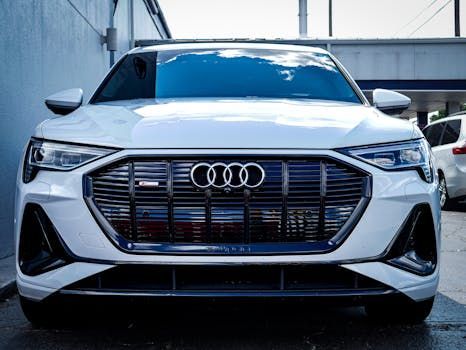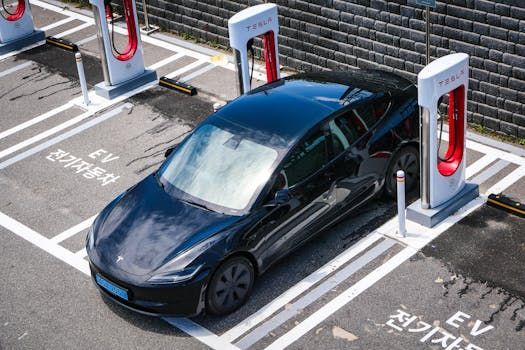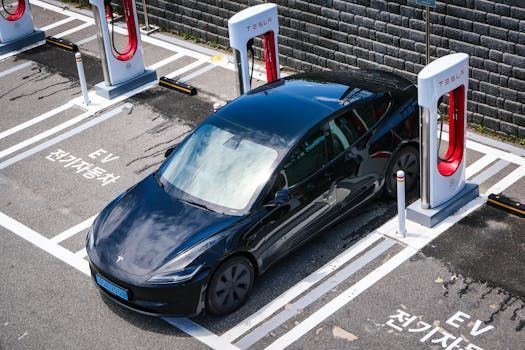The Economic Impact of Electric Vehicles on the Auto Industry
Revving the Future: The Economic Shift of Electric Vehicles in the Auto Industry
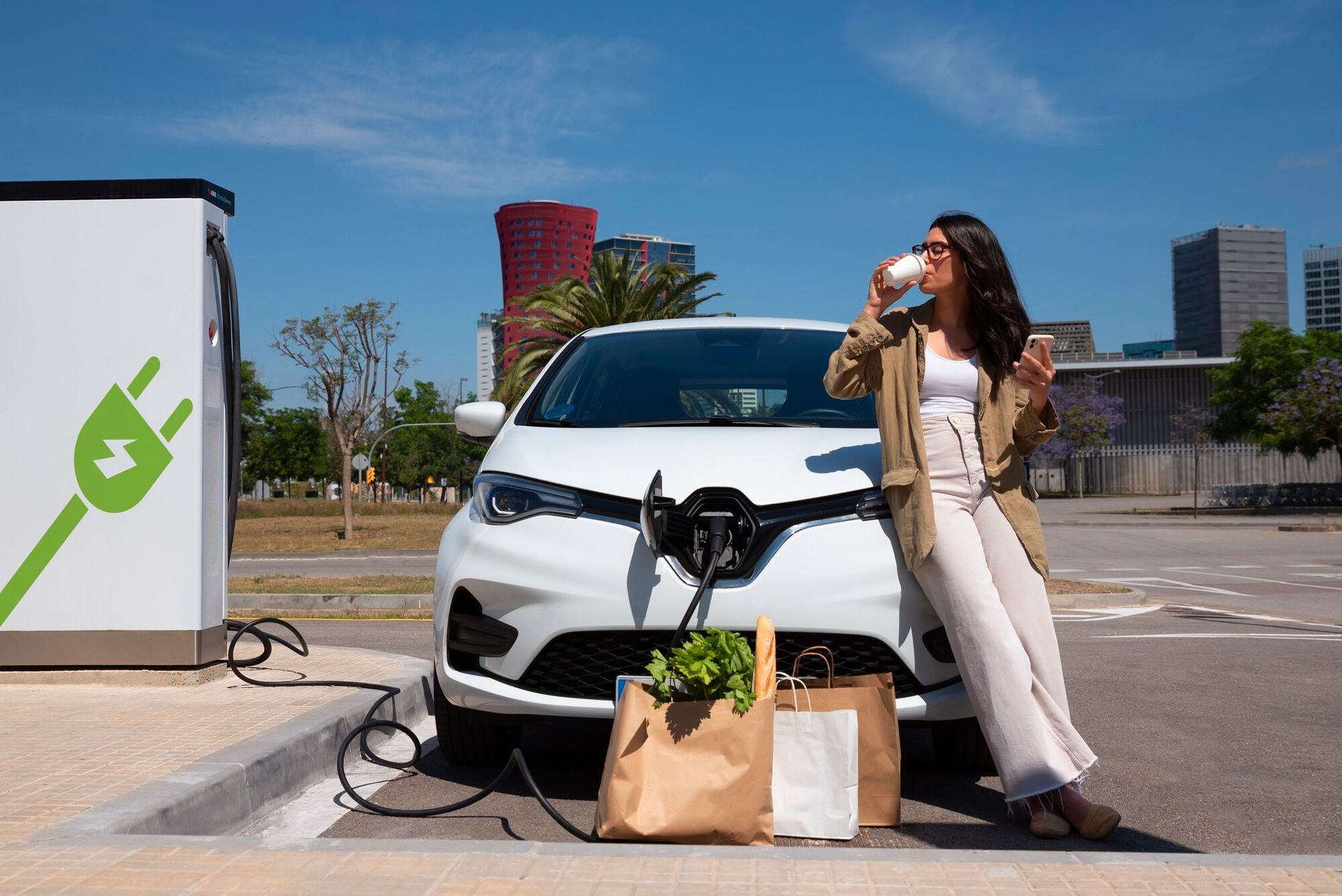
The Economic Impact of Electric Vehicles on the Auto Industry
The economic impact of electric vehicles is reshaping the auto industry landscape, offering both challenges and opportunities for growth. As EV adoption accelerates, auto industry professionals, economists, and policymakers are witnessing a profound transformation that promises significant job creation in the EV sector. This shift is not without its hurdles, as challenges of electric vehicles, such as high battery costs, must be overcome to realize their full potential. For entrepreneurs and digital brands, this evolution presents a ground-breaking opportunity to innovate and lead in a rapidly changing market. Let's explore how embracing this change can empower you to be at the forefront of the auto industry transformation.
Auto Industry Transformation:
Disruption in Manufacturing
The shift to electric vehicles is revolutionizing car manufacturing. Traditional internal combustion engine (ICE) vehicles have numerous parts, whereas electric vehicles (EVs) feature a simpler design with fewer components. This simplicity significantly decreases the need for complex assembly lines and extensive supply chains, which can lead to long-term cost savings for automakers. However, this transformation is not without challenges. It disrupts the workforce as the demand for certain skills wanes while the need for expertise in electric drivetrains, battery production, and software engineering rises. Workers accustomed to building mechanical engines face retraining or displacement as automakers pivot towards electric powertrains. As the industry adapts to the economic impact of electric vehicles, it becomes crucial for the workforce to evolve alongside technological advancements to maintain relevance and contribute effectively to the auto industry transformation.
Job Creation in EV Sector
The EV sector is paving the way for job creation, despite initial disruptions. While traditional auto manufacturing jobs, such as those in engine production and fuel delivery systems, are declining due to the shift towards electric vehicles, new opportunities are emerging. The growing demand for electric vehicles has spurred job growth in areas like lithium-ion battery production, charging infrastructure installation, and software development for autonomous driving technologies. These emerging roles require a different set of skills, leading to a net positive in job creation over the long term. While the transition poses short-term challenges for workers in conventional auto manufacturing, it also opens doors for those entering or retraining for the EV sector. As EV adoption continues to rise, professionals equipped with the right expertise can expect to find promising career opportunities in this evolving field, contributing to the broader auto industry transformation.
Economic Impact of Electric Vehicles:
Economic Benefits of EV Adoption
The economic benefits of EV adoption extend well beyond the automotive industry. One significant advantage is the reduction in reliance on fossil fuels, promoting energy independence and security, especially for countries heavily reliant on oil imports. As electric vehicles become more integrated with renewable energy sources like wind and solar power, they contribute to lowering national carbon footprints. This integration also stimulates the growth of the renewable energy sector. Furthermore, the rise of electric vehicles fosters innovation in related fields, including energy storage, autonomous driving, and vehicle-to-grid (V2G) technologies. These advancements create new markets and business opportunities, driving economic growth and job creation. For entrepreneurs and digital brands, this transformation offers a chance to innovate and capture emerging opportunities in a rapidly evolving market, further emphasizing the profound economic impact of electric vehicles.
Challenges of Electric Vehicles
Despite the positive economic impact of electric vehicles, certain challenges need addressing to ensure widespread adoption. A primary hurdle is the high cost of battery production, which remains a substantial portion of the overall cost of electric vehicles. Although battery prices have decreased in recent years, they continue to pose a barrier for many potential EV consumers. Continued investment in research and development is essential to drive down these costs and make EVs more accessible to the average consumer. Additionally, developing a robust charging infrastructure is crucial to support increased EV adoption. Policymakers and industry leaders must collaborate to overcome these challenges, ensuring electric vehicles can achieve their full potential in transforming the auto industry and contributing to sustainable economic growth. Addressing these obstacles will empower entrepreneurs and digital brands to continue innovating in this dynamic sector.
Find out more below:
https://www.voltsmonster.com/

